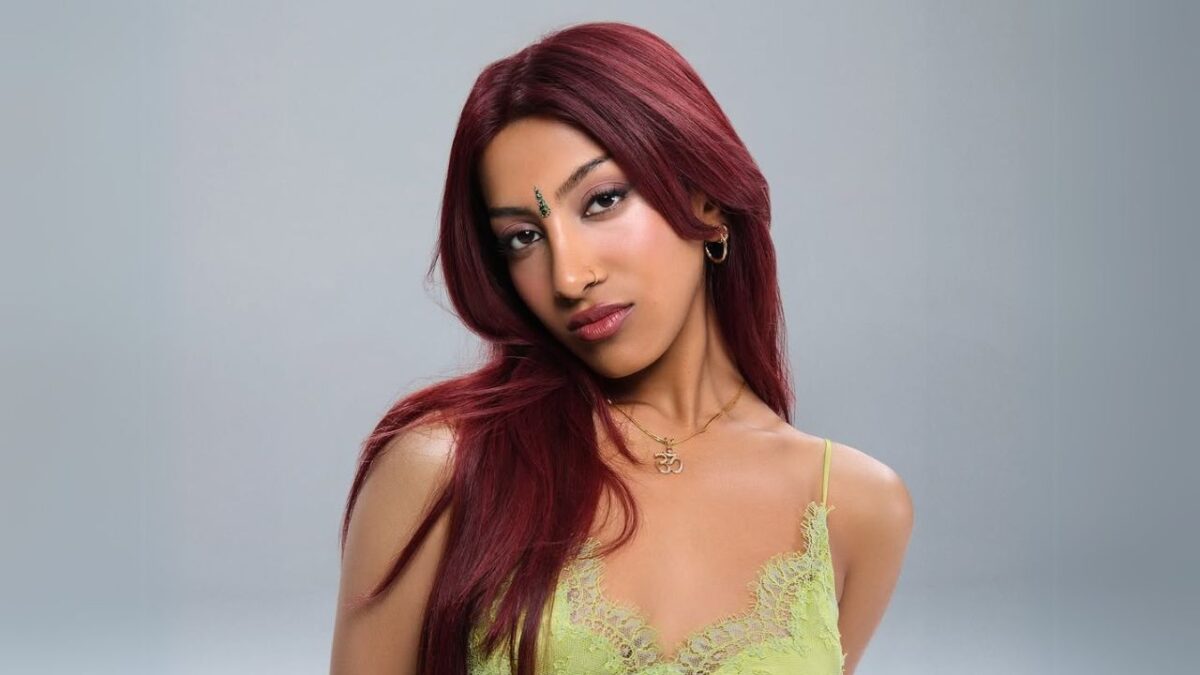
“You can call me artist / you can call me idol / or anything else / I do not care,” a derisive RM, leader of South Korean boy band BTS, raps at the very beginning of their new song “Idol.” The four-minute lead track to the group’s comeback album, “Love Yourself: Answer,” which dropped Friday, is a chorus of self-Hallelujahs and praises that seem in tune with the title—condescending and arrogant—but is not.
After all, rarely does BTS take their concepts lightly, and “Idol” is no exception. Each element, even if seemingly incongruous, is painstakingly deliberate; a tune in a larger symphony they have been playing since the first installment of their “LY” series.
From glorifying romantic love (“Her”) to starting on the bleak yet necessary journey for self-love (“Tear”), the group nears the end game with “Answer”. What does it mean, indeed, to love yourself?
In many ways, the anthemic “Idol,” with its hybrid South African/South Korean and electro dance pomp, seems like the perfect answer to that question. Though the title seems tailor made to their lives as a global music icon, the lyrics are incisive enough to resonate with others: “I know what I am / I know what I want / I’m never gonna change / I’m never gonna trade.” It’s a powerful song of pride, of claiming what is rightfully theirs, and loving themselves regardless of their stature.
The track itself is a strong recall of their traditional Korean music-inspired “Ddaeng,” while the MV takes elements off its EDM hit “DNA.” Taken together, “Idol” becomes a four-minute pure aesthetic and aural romp celebrating the multiple influences that helped shape BTS’ artistry.
At the outset, the song eschews the deliberate K-pop dichotomy that separate those who create (artists) and those who perform (idols). It’s a boundary that the members, particularly RM and lead songwriter Suga, initially saw as a setback in their debut days but have since successfully straddled. “I’m proud of it. No more irony / I was always me.”
Playing against their declarations of self-love, meanwhile is a riot of colors and psychedelia. Much of their visual design is hinged on retro: print suit-and-tie ensembles and dance moves reminiscent of John Travolta’s “Saturday Night Fever,” funky graphics pulled straight out of ‘80s music videos.
More importantly: they do body rolls in safari wear. They dance the gwara gwara—South African contemporary moves—in hanboks. Seoul’s national animal, tigers, figure prominently against a South African sunset. Several dancers crop up characteristic of a Bollywood video. In less experienced hands, this would have reeked of cultural appropriation. Yet BTS has masterfully fused such distinct cultures to create an aesthetically cohesive ouvre.
Ultimately, however, it’s a powerful affirmation of their roots even as they soar to become global phenomenon. It’s always been their strongest suit: taking the traditional and subverting them to better express—and shape—their vibrant worlds. All the while they chant: “You can’t stop me loving myself!”
Certainly not. The Bangtan boys will do what they do best: perform like idols, think like artists.
For your K-pop fix, visit https://www.facebook.com/INQSUPERHallyu.














































